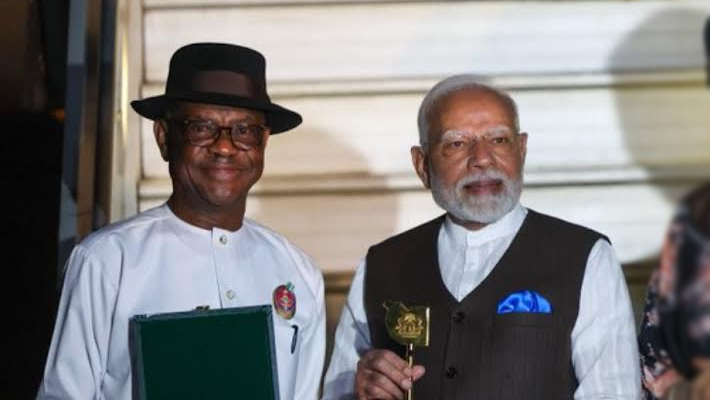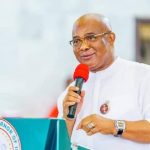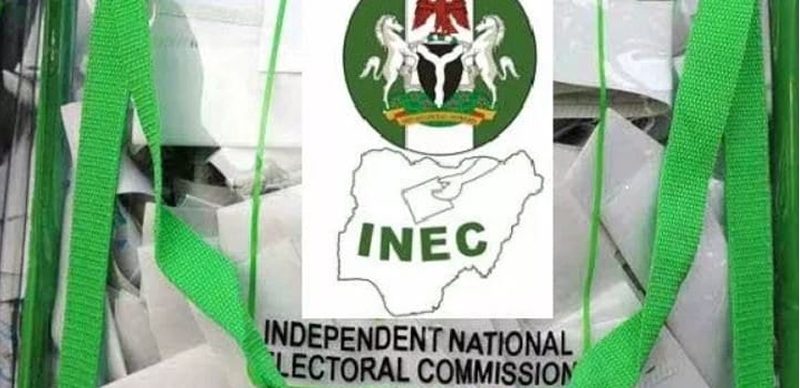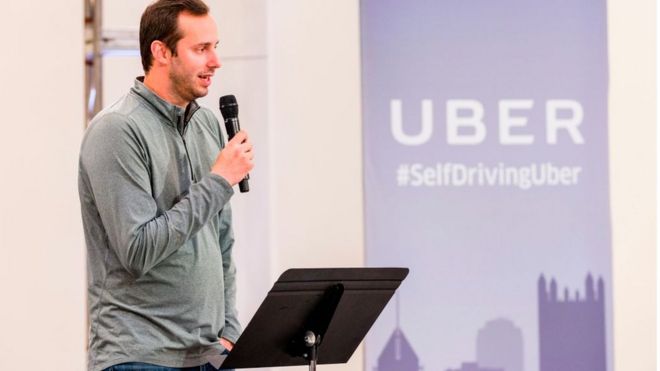Nyesom Wike, the Minister of the Federal Capital Territory (FCT), has firmly denied claims that he was blocked from accessing the Aso Rock Presidential Villa during the visit of Indian Prime Minister Shri Narendra Modi. The allegations, made by journalist Jackson Ude on his verified X handle, accused Wike of being inebriated while receiving the Prime Minister at the Nnamdi Azikiwe International Airport on Saturday, November 16, 2024.
Wike, through his media aide Lere Olayinka, described the accusations as baseless fabrications. He maintained that he executed his assigned responsibilities during the visit of the Indian Prime Minister, as directed by President Bola Tinubu.
The statement clarified Wike’s role, stating, “The FCT Minister received the Prime Minister at the airport, escorted him to his hotel, and later led him to the Presidential Villa on Sunday morning.”
Olayinka criticized Ude’s credibility, pointing to past incidents where the journalist allegedly spread falsehoods about high-profile Nigerians. “This is the same Jackson Ude who falsely claimed that the former Governor of Kogi State, Yahaya Bello, fled Nigeria through Niger Republic. Yet, Yahaya Bello appeared at the EFCC headquarters in Abuja on September 18, 2024,” the statement added.
To counter the allegations, Olayinka shared pictures of Wike at the hotel with Prime Minister Modi and at the Presidential Villa the following day. He accused Ude of creating and perpetuating unfounded narratives to tarnish reputations. “Despite being confronted with the truth, Ude continues to spin lies. But for us who know his antecedents, we won’t dignify him henceforth,” Olayinka asserted.
The allegations against Wike have drawn significant public attention, with some accusing Ude of using sensationalism to generate reactions. Others have questioned the ease with which unverified information spreads on social media, urging caution in sharing baseless claims.
Wike has consistently been in the spotlight since assuming office as FCT Minister in August 2024. Known for his controversial approach, he has been actively implementing urban development projects and championing reforms in Abuja’s governance structure.
This latest controversy, however, has raised discussions about the challenges faced by public officials in an era of instant information and widespread misinformation. Wike’s firm denial and the release of visual evidence appear to have quelled immediate doubts, but the incident highlights the growing tension between media freedom and responsible journalism.







2 Comments